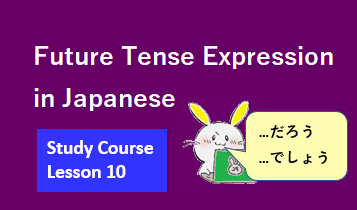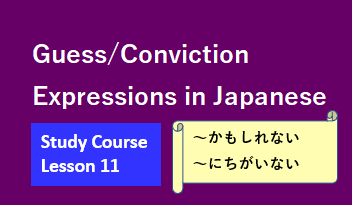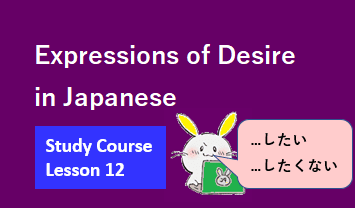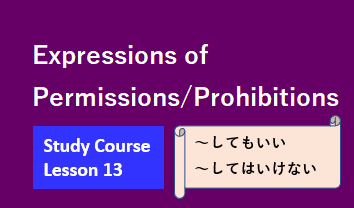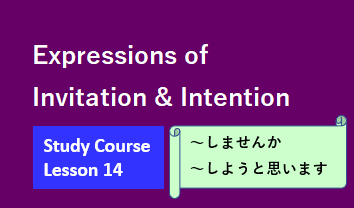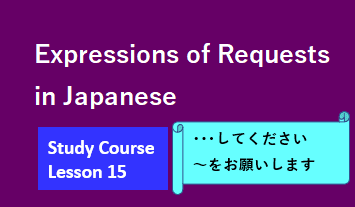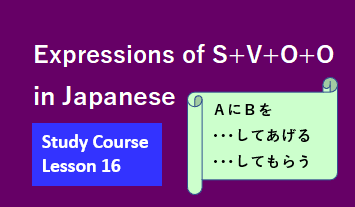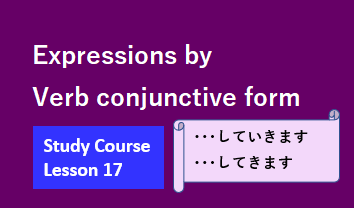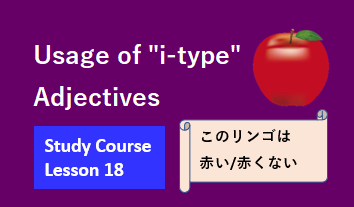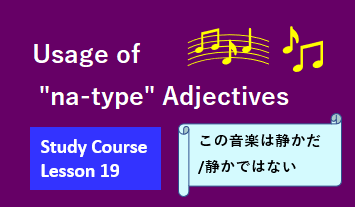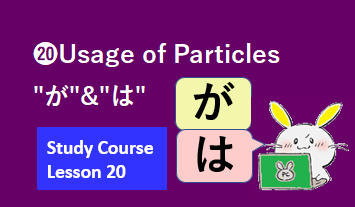Japanese Study Course Lesson8

Hello everyone. I'm JJ. Nice to meet you! Welcome to Japanese Study Course. In lesson 8, we will study possible expressions in Japanese. For example, there are three ways to say "I can speak English." in Japanese.
➀ 私は英語ができます。
➁ 私は英語を話すことができます。
③ 私は英語を話せます。
First of all, let's study ➀&➁ this time!
8-1 〇〇ができます
Possible Expressions ➀ ➡ "〇〇(noun)が できる/できます "
(1)私は英語ができます
- I can speak English.
- Ordinary:私は英語ができる。
- Politely:私は英語ができます。
- Replacing "できる" with "できます" makes it more polite.
- This expression is a simple form that focuses on whether or not I can speak English, so the verb "話す(speak)" does not appear.
◆Detailed explanation
- Ordinary:私は英語ができる。
- Polite sentence:私は英語ができます。
- 私(title)+は(title particle)
- +英語(subject)+が(nominative particle)
- +できる(verb, basic form)/ +でき(verb, consecutive form)+ます(auxiliary verb, polite)。
- If you write "できる" in kanji, it becomes "出来る".
◆Vocabulary note
| 英語 :(noun) English できる(出来る):(verb) can do |
◆Advanced Study Conjugation of the verb "できる"(Upper one-step)
| Negative form でき(ない) Auxiliary verb "ない" is added after | 私はテニスができない。 I cannot play tennis. |
| Consecutive form でき(ます/ません/ました) Auxiliary verb "ます/ません/ました" is added after | 私は英語ができます。 I can speak English. |
| Past tense form でき(た) Auxiliary verb "た" is added after | 私は子供の時に料理ができた。 I could cook when I was a child. ※The expression "できた" is also used in other ways, such as: You can also use it to mean that you have finished, as in "I finished my homework before dinner.(宿題が夕食前にできた。)" |
| Conjunctive form でき(て) Conjunction particle "て" is added after | 彼女は和食の基本ができている。 She knows the basics of Japanese cuisine. ※The expression "できている/できています" is also used in other ways, such as: 1) It can also be used to mean that everything is ready, such as "I'm ready for tonight's meal.(今晩の食事の準備ができている)" 2) It is also used when explaining the material, such as "This ornament is made of metal.(この置物は金属でできている)" |
| Basic form できる | できる can do |
| Adnominal form できる(+noun) Noun is added after | 自分でできることは他人に依頼すべきではない。 You shouldn't ask others to do what you can do yourself. |
| Hypothesis form できれ(ば) Conjunction particle "ば" is added after | できれば、明日お休みを取りたいのですがよろしいでしょうか? If possible, I would like to take a day off tomorrow, is that okay? |
| Imperative form でき(ろ/よ) The form for giving orders | These imperative forms are not used very often. |
The conjugation of the verb "できる" is called the upper one-step conjugation of the verb because they all include the "i" sound, such as "できない,できます,できる,できれば,できろ".
(2)彼女はテニスができます
- She can play tennis.
- Ordinary:彼女はテニスができる。
- Politely:彼女はテニスができます。
- Replacing "できる" with "できます" makes it more polite.
- This expression is a simple form that focuses on whether or not she can play tennis, so the verb "する(play)" does not appear.
◆Detailed explanation
- Ordinary:彼女はテニスができる。
- Polite sentence:彼女はテニスができます。
- 彼女(title)+は(title particle)
- +テニス(subject)+が(nominative particle)
- +できる(verb, basic form)/ +でき(verb, consecutive form)+ます(auxiliary verb, polite)。
◆Vocabulary note
| テニス:(noun) tennis |
8-2 〇〇をすることができます
Possible Expressions ➁ ➡ "〇〇する(verb, adnominal form)ことができる/できます "
(1)私は英語を話すことができます
- I can speak English.
- Ordinary:私は英語を話すことができる。
- Politely:私は英語を話すことができます。
- Replacing "できる" with "できます" makes it more polite.
◆Detailed explanation
- Ordinary:私は英語を話すことができる。
- Polite sentence:私は英語を話すことができます。
- 私(title)+は(title particle)
- +英語を話すこと(subject)+が(nominative particle)
- +できる(verb, basic form)/ +でき(verb, consecutive form)+ます(auxiliary verb, polite)。
- ※「英語を話すこと(subject)」➡英語(object)+を(objective particle)+話す(verb, adnominal form)+こと(noun)
◆Vocabulary note
| 話す :(verb) speak, talk |
(2)彼女はテニスをすることができます
- If you want to say, "She can play tennis." in another Japanese expression, you would normally say "彼女はテニスをすることができる。".
- To put it politely, it's "彼女はテニスをすることができます。". Replacing "できる" with "できます" makes it more polite.
◆Detailed explanation
- Ordinary:彼女はテニスをすることができる。
- Polite sentence:彼女はテニスをすることができます。
- 彼女(title)+は(title particle)
- +テニスをすること(subject)+が(nominative particle)
- +できる(verb, basic form)/ +でき(verb, consecutive form)+ます(auxiliary verb, polite)。
- ※「テニスをすること(subject)」➡テニス(object)+を(objective particle)+する(verb, adnominal form)+こと(noun)
◆Vocabulary note
| する:(verb) do, play |
◆Advanced Study Conjugation of the verb "する"('sa-line' specific)
| Negative form し(ない) Auxiliary verb "ない" is added after | 私の父はテニスをしない。 My father doesn't play tennis. |
| Consecutive form し(ます/ません/ました) Auxiliary verb "ます/ません/ました" is added after | 私の母はテニスをします。 My mother plays tennis. |
| Past tense form し(た) Auxiliary verb "た" is added after | 私は昨日友人とテニスをした。 I played tennis with my friend yesterday. |
| Conjunctive form し(て) Conjunction particle "て" is added after | 私は今テニスをしています。 I am playing tennis now. |
| Basic form する | する do, play |
| Adnominal form する(+noun) Noun is added after | 彼女はテニスをすることができます。 She can play tennis. |
| Hypothesis form すれ(ば) Conjunction particle "ば" is added after | あなたもテニスをすれば楽しいですよ。 It would be fun if you played tennis too. |
| Imperative form し(ろ) The form for giving orders | 健康のために朝早く起きて運動をしろよ! Get up early in the morning and exercise for your health! |
| Intentional form しよ(う) Auxiliary verb "う" is added after | 私は早起きが苦手なので、早朝テニスをしようと思わない。 I'm not good at getting up early, so I don't think I'll play tennis early in the morning. |
The conjugation form of the verb "する" takes the unique form of "shi, shi, suru, sure, shiro" like "しない,します,する,すれば,しよう", so it is called the 'sa-line' specific conjugation of verbs.
The verb "する" is the same conjugation as "勉強する" or "卒業する" that we have learned so far.

勉強する:(verb) study ➡ ❻Present/Past Progressive Tenses
卒業する:(verb) graduate ➡ ❼Situational Expressions
(3)3月中旬から桜を見ることができます
- You can see cherry blossoms from mid-March this year.
- Ordinary:今年は3月中旬から桜を見ることができる。
- Politely:今年は3月中旬から桜を見ることができます。
- Replacing "できる" with "できます" makes it more polite.
◆Detailed explanation
- Ordinary:今年は3月中旬から桜を見ることができる。
- Polite sentence:今年は3月中旬から桜の開花を見ることができます。
- 今年(title)+は(title particle)
- +3月中旬(time)+から(particle, indicating the starting point of a range)
- +桜を見ること(subject)+が(nominative particle)
- +できる(verb, basic form)/ +でき(verb, consecutive form)+ます(auxiliary verb, polite)。
- ※「桜を見ること(subject)」➡桜(object)+を(objective particle)+見る(verb, adnominal form)+こと(noun)
◆Vocabulary note
| 今年:(noun) this year 3月:(noun) March 中旬:(noun) mid から:(particle) particle that indicates the starting point of a range 桜 :(noun) cherry blossoms |
We studied the verb "見る" in Lesson 6.

見る:(verb) watch, look, see ➡ ❻Present/Past Progressive Tenses

Today's lesson ends here. Ladies and gentlemen, did you understand today's theme "Possible Expressions"? Next time, we will continue to study possible expressions in detail. See you!
See you next time!

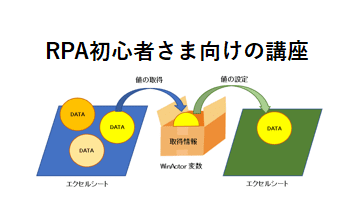

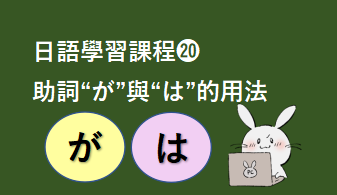

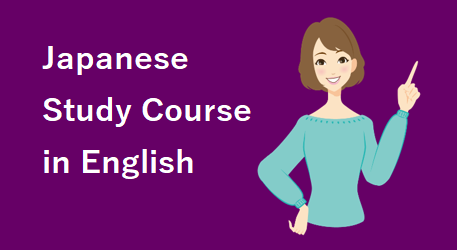



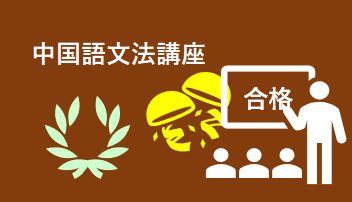
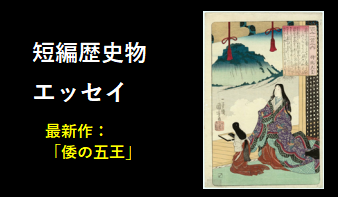
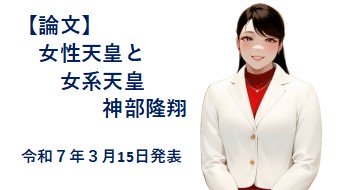
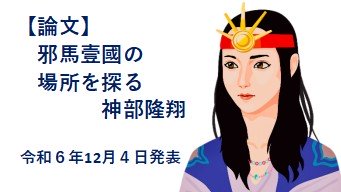


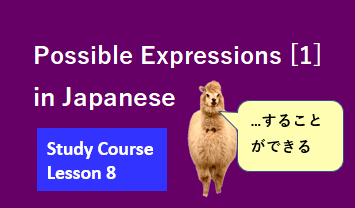

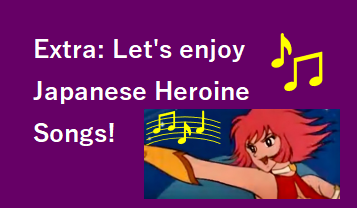
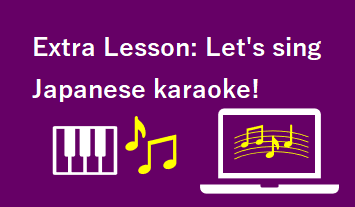
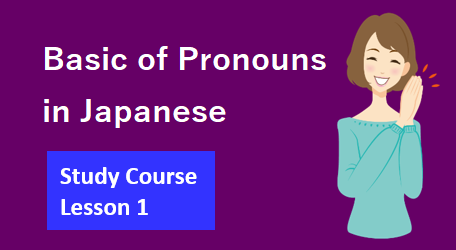
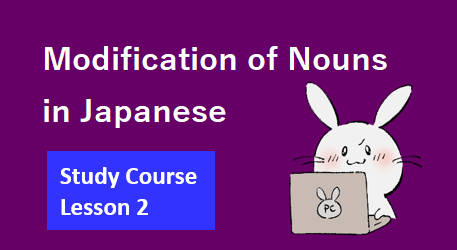

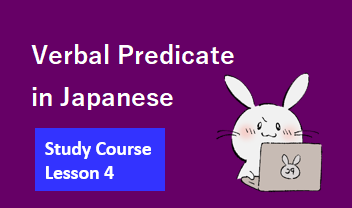
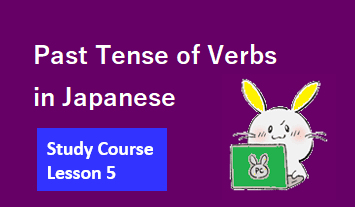
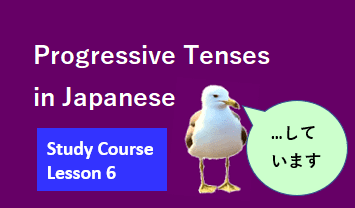
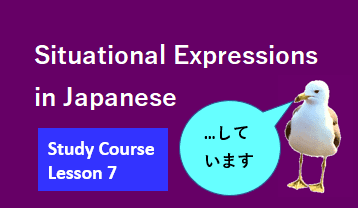
![❾Possible Expressions [2]](https://ryusho-kanbe.com/wp-content/uploads/2023/04/スクリーンショット-2023-04-28-095816.png)
